In the flowering plant family Rutaceae, the lemon (citron) is a species of tiny evergreen trees, indigenous to Asia, particularly Northeast India (Assam), Northern Myanmar, or China. The ellipsoidal yellow fruit of the tree is use for both culinary and non-culinary applications all over the world. The lemon (citron) is a spherical and slightly elongated fruit. A fully mature fruit has a robust, resistant skin that is an intense bright yellow colour. When cut, it releases a unique aroma . The pulp is gore-shape, light yellow in colour and juicy. Its juice is particularly useful for both cleaning as well as cooking. Additionally, we use the rind and pulp in baking and cooking. Lemon (citron) juice has a pH of 2.2 and contains 5% to 6% citric acid, giving it a tart flavour.
USES:
Cocktails, soft drinks and lemonade contain lemon (citron) juice. Its acid neutralizes fish amines by turning them into nonvolatile ammonium salts, and it is useful in fish marinades. The acid partly hydrolyzes tough collagen strands in meat, making it more soft. We can add it to pancakes in the United Kingdom, particularly on Shrove Tuesday.
We use lemon (citron) juice as a short-term preservative on some foods, such apples, bananas, and avocados, where its acid denatures the enzymes and prevents oxidation and browning after cutting.
Preserving peeled lemons (citron) in salt barrels or jars is common in Morocco. The rind and peel are soften and preserved by the salt’s penetration, making them practically indestructible.
Many different meals consists of preserved lemon such as Greek, Italian, French, and Sicilian cuisines.
Skin cells that produce oil are used to make lemon (citron) oil. The cells are broken apart by a machine as well as the oil is removed using a water spray. After that, centrifugation is used to filter and separate the oil/water mixture.
The leaves of the lemon (citron) tree are used to prepare cooked meats and shellfish as well as to make a tea.


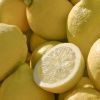

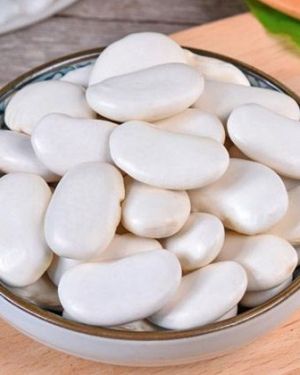

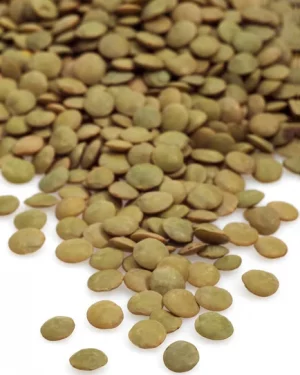
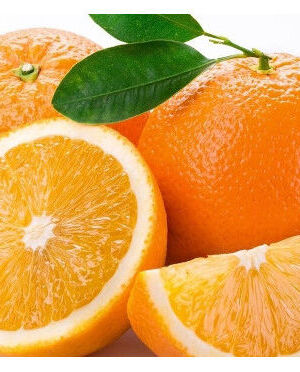
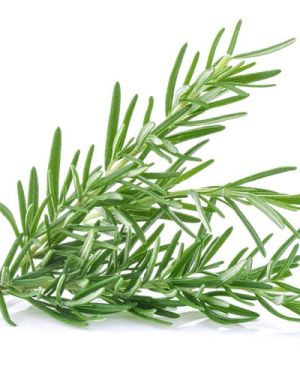

Reviews
There are no reviews yet.